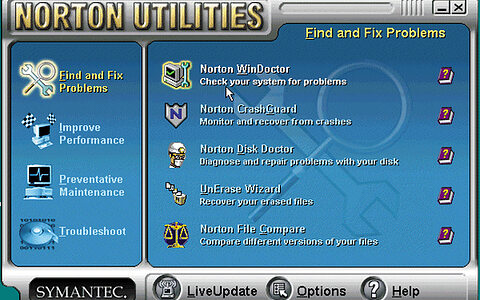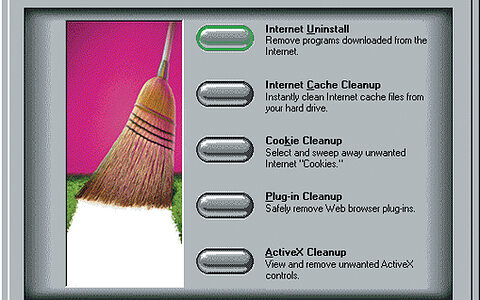
Buying A Ready-made PC Music System
Although you can go 'under the bonnet' and put together your own PC suitable for MIDI + Audio recording, buying a complete system could prevent many potential problems. Martin Walker gets bundled up.

Although you can go 'under the bonnet' and put together your own PC suitable for MIDI + Audio recording, buying a complete system could prevent many potential problems. Martin Walker gets bundled up.

If your MIDI data refuses to emerge properly from the end of the cable, why not try these handy tips. Martin Walker helps you thru your Ins and Outs.

There is now a bewildering array of audio options inside most PC audio recording packages, and if you understand the reasoning behind them you can get a bit (or even a few bits) more quality out of your hard drive audio. Martin Walker explains.

What do you need to put together to create your own studio? Paul White investigates practical options for a core system based on preferred methods of creating music.


Paul White looks at how you can calculate how much studio acoustic treatment you really need.

Nick Howes of Yamaha's European Music Software Division shows you how to get the best out of XG soundcards.

This month, after a bit of clock-watching, Martin Walker looks at a utility which should keep your PC running for longer; Norton Utilities.

Controller freak Nicholas Rowland wiggles his magic mod wheel and transforms your sequenced sounds into something just a little more spellbinding...

In the penultimate part of his series on synthesizer technology, Paul Wiffen turns his attention to the problem of emulating acoustic instruments in which the sound is produced by a string or reed, and amplified and modified by the body of the instrument.

Good news, good news and more good news. Martin Russ just can't believe his luck.

Following on from last month's look at the advantages and pitfalls of analogue and digital tape, and hardware tapeless recorders, Paul White turns his attention to the ways in which computers can be used in audio recording.

Getting your studio organised doesn't necessarily mean investing in expensive studio furniture or being a DIY whizz. Derek Johnson & Debbie Poyser explain how they made the most of their space, and pass on some hints and tips for a tidier life.

In his second article on acoustic treatment, Paul White tackles the absorbing subject of acoustic traps.

Just when you thought you'd got your cholesterol down, it's nothing but chips again. MARTIN WALKER wades through the new CPU options, and uninstalls some more software.

Hardware development is still going for Atari computers: now STe users can buy a new processor accelerator that brings faster operation and internal hard drive to STe computers, for relatively modest cost. Derek Johnson feels the need for speed...

To get the maximum quality from audio sample CDs, you need to transfer the sound data to your PC in the digital domain. Martin Walker explains why the process isn't always as easy as you might expect.

Your computer sequencer can do bewitching things with simple ingredients, creating the impression that you're a musical wizard even if you're just a one-finger pianist. Nicholas Rowland works some MIDI magic...

Paul White and Dave Lockwood strum up a few tried-and trusted methods of improving your studio guitar sound.

Last month, Paul Wiffen looked at how virtual synthesis can emulate analogue synths whilst going beyond their hardware-based limitation. Now he looks at its applications for imitating and exceeding older instruments such as electric piano and organ.